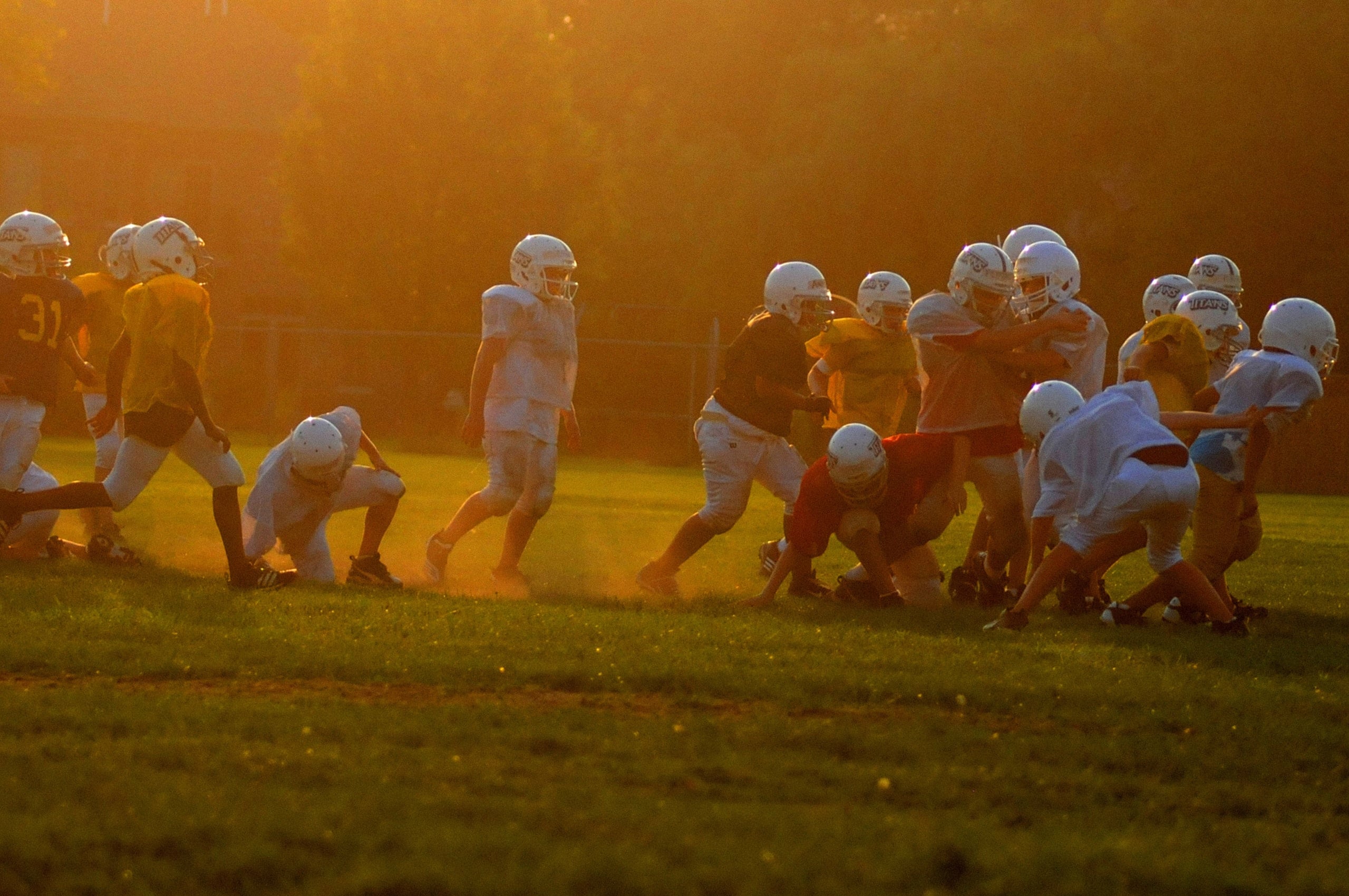It is said that there are many life lessons that can be learned by playing sports. Persistence, attitude, teamwork, accountability, patience, and fun all top the list. Having the privilege of being a youth football and baseball coach over the past decade has provided me with the opportunity to help the next generation experience successes and failures. These triumphs and struggles, of course, act as a platform for said life lessons – but not just for the young athletes…
One life lesson that doesn’t always make the Top 10 List is PREPARATION. Young athletes learn quickly that great athletes are always in a state of preparedness — by watching film on their opponents and themselves to assess strengths and weaknesses, working on their skills outside of scheduled practices, attending practices, etc. Coach Paul “Bear” Bryant, who amassed six national college football championships, said, “It’s not the will to win that matters — everyone has that. It’s the will to prepare to win that matters.” As athletes mature in age, the difference in performance between a prepared athlete and one that is not becomes more and more apparent — and impacts individual and team performance.
The life lesson of preparation is not just for athletes. It is also one that slaps you in the face as a coach. Not fully preparing for practices and games when you are working with a less mature team can be masked a bit by just showing up, running drills, scrimmaging, looking organized, and having a general plan for the week. A general plan may be fine for a flag football team that practices once a week and draws up plays in the dirt; but unacceptable for a more mature tackle football team that practices four times a week with safety and developmental growth more paramount.
As a team matures, the level of preparation of coaches must also increase. “Coach Polo”, an affectionate term for those coaches who “wing it” or “shoot from the hip”, are people who want a coach shirt but never show-up with a plan, either don’t value preparation and planning, aren’t accustomed to doing it, or don’t have the skillset. Fortunately, as teams mature, Coach Polos tend to phase out of coaching. The investment of time and collaborative efforts into developing minute-by-minute practice and game plans is too much for them. Those coaches who embrace the life lesson of preparation are setting their team up for more success, less frustration, and less potential injuries.
The same reigns true for organizations when it comes to emergency notification and response efforts. A small and less mature organization may be fine with having a general plan in place for communicating emergencies to their teammates and organization. However, as that organization matures, developing specific plans for each emergency scenario they may experience becomes a necessity if the flawless orchestration of emergency communications and response is an indicator of success.
Having the right equipment to facilitate emergency notifications is key; however, as with sports, the equipment needs to be aligned with your plans. You’ll want to exercise those plans and run well-planned drills that are all in alignment with your game plan. A piece of equipment that just sits on the sidelines is not productive. Ensure your emergency notification system is used and can align, capture, and immediately initiate your organization’s emergency response plan’s predefined Scenarios®. As three-time Super Bowl Champion Coach Bill Walsh suggests, “You need to have a plan even for the worst scenario. It doesn’t mean that it will always work, but you will always be prepared.”
We can’t imagine a professional or collegiate basketball, baseball, or football team heading out onto the court or field without a plan, without practicing that plan, without documenting that plan, without communicating that plan to teammates, and without the proper equipment. Coach John Wooden, who won the NCAA National Championship ten-times, is famous for saying, “When the opportunity arises, it is too late to prepare.” Why would we expect anything less? When it comes to safety, whether it’s where we’re employed or where we spend our time, planning should be of utmost importance.
To compare youth sports to life safety could be considered silly or a stretch. Possibly, but the lessons we learn from sports can and should be applied to other aspects of our lives. Yes, we can survive without proper planning by coaches and athletes in youth sports; however, in the real world of life safety, we shouldn’t run that risk with survival. Don’t be a Coach Polo when it comes to emergency notifications and response for your organization. Collaborate, plan, practice, and exercise as a critical communications and emergency response team so that when you have to answer the call you are prepared to perform the absolute best that you can. Don’t let the game of safety be decided by “winging it” or “shooting from the hip”.
Download the eBook “The Critical Communications Cycle” to begin to help your team have a prepared approach to emergency notifications.



